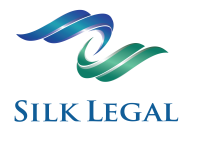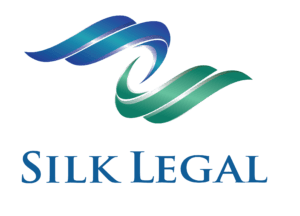In the modern market, sustainability is increasingly prioritized. Advertisements frequently tout the environmental benefits of products: “packaging made from 30% recycled plastic” or “carbon emissions reduced by 50% compared to 2020.” Yet, beneath these claims lies a challenge: how true are they? Instances like T-shirts allegedly made from recycled plastic bottles—where only 1% of the material is recycled—raise concerns about greenwashing, the practice of overstating environmental efforts.
Greenwashing is a global issue. In 2019, UK-based ClientEarth filed a complaint against BP for misleading claims in their low-carbon campaign, presenting natural gas as more carbon-efficient than it was. BP withdrew the ad following the complaint. Similarly, in 2023, Greenpeace Australia Pacific requested an investigation into Toyota’s claims about their electric vehicles and net-zero emissions targets, questioning their accuracy.
In Europe, the crackdown on greenwashing is more rigorous. A 2020 study by the European Commission revealed that over half of environmental claims were vague or unverified. These concerns have spurred legislative responses like the Green Claims Directive, passed by the European Commission in 2023. The directive, expected to be fully enforced by 2024, requires businesses to substantiate green claims with rigorous, scientifically recognized evidence. Moreover, companies must commit to genuine emissions reductions rather than relying solely on carbon credits.
While these developments are specific to Europe, they signal a broader shift that could impact businesses worldwide, including Thailand. Thai companies must align with these regulations, especially those trading with the EU or aspiring to enter its market. Thailand’s Consumer Protection Act and Trade Competition Act offer similar protections against misleading advertising, including greenwashing, but these frameworks may evolve in response to international trends.
Thailand’s Legal Framework and Greenwashing
Thailand’s laws already provide a basis for combating greenwashing. Under the Consumer Protection Act B.E. 2522 (1979), businesses are prohibited from advertising false or exaggerated claims, including misleading environmental claims. The Trade Competition Act B.E. 2560 (2017) also includes provisions against unfair trade practices, which could encompass false claims of environmental responsibility.
However, the global shift towards stricter regulations, exemplified by the European Green Claims Directive, suggests that Thai authorities may need to introduce more specific guidelines related to environmental claims. Current enforcement mechanisms in Thailand could be strengthened, requiring companies to provide verifiable evidence of their sustainability efforts, akin to what the EU is implementing.
Applications for Thai Businesses
Thai companies operating internationally, particularly those targeting the EU market, must be aware of the Green Claims Directive. Non-compliance could lead to penalties, including fines of up to 4% of annual revenue. Moreover, companies making environmental claims about their products must substantiate these with verified, third-party certification, adopting a life-cycle approach to ensure transparency across their supply chains.
Adopting stricter internal guidelines for environmental claims can provide a competitive edge even for businesses focusing on domestic markets. As consumers globally, and increasingly in Thailand, demand more transparency about sustainability, businesses that can prove their green credentials may gain trust and loyalty.
Conclusion
The global crackdown on greenwashing presents challenges and opportunities for businesses, including those in Thailand. By adopting rigorous standards for environmental claims and ensuring transparency in sustainability efforts, Thai companies can avoid penalties and position themselves as leaders in the growing green economy. Proactively aligning with international trends, such as the EU’s Green Claims Directive, will enable Thai businesses to thrive in an increasingly eco-conscious world.
Silk Legal can provide services in several practice areas, including ESG compliance. This article is for information only. While we have tried to keep our updates as accurate as possible, changes to legislation or other factors may affect your decisions. Please feel free to contact us for a free consultation at [email protected].



